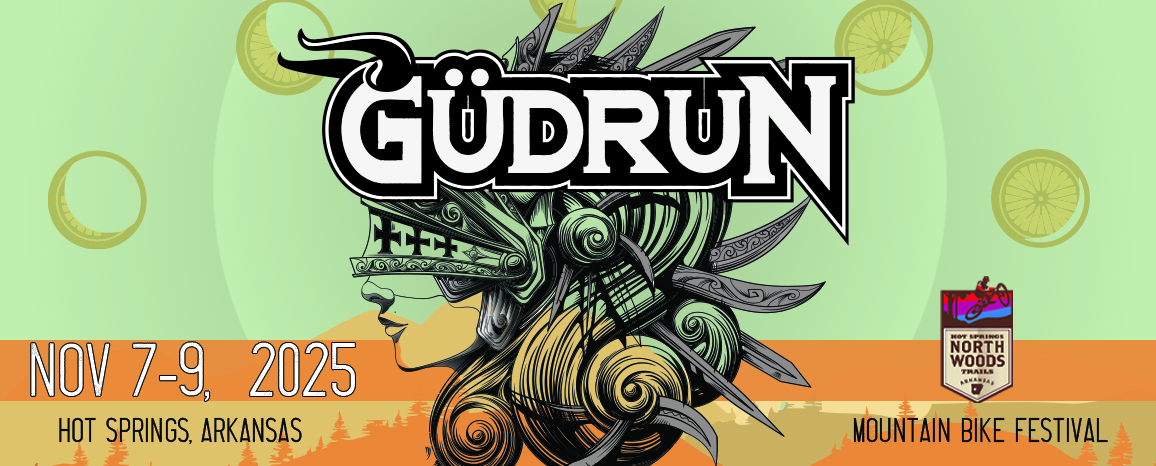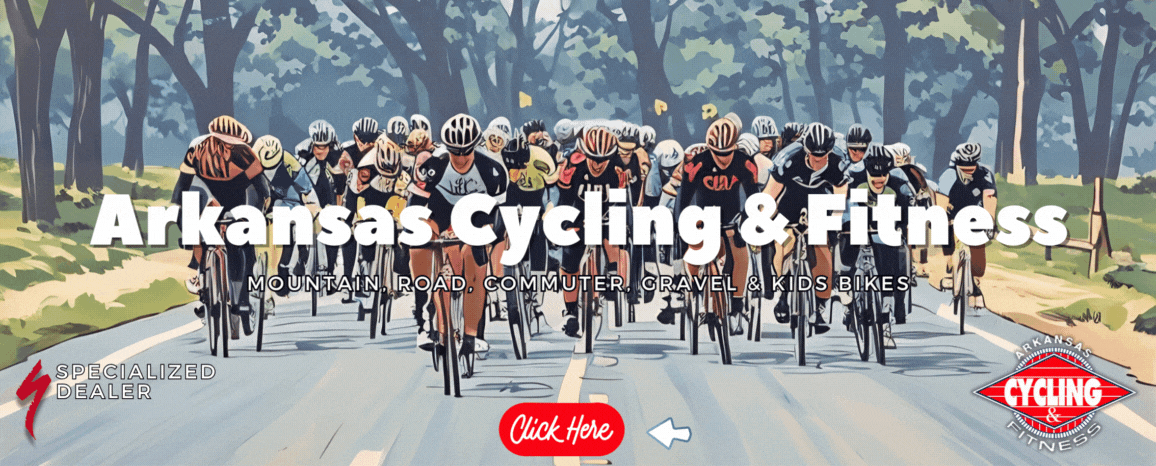Bipartisan House Companion Bill Introduced Today in Advance of Senate Action
WASHINGTON – Twelve members of the U.S. House of Representatives today introduced bipartisan legislation to fully and permanently fund the Land and Water Conservation Fund (LWCF) and invest in critical repair needs in national parks and on other public lands. The Great American Outdoors Act is identical to legislation in the U.S. Senate that Majority Leader Mitch McConnell, R-Ky., recently announced would receive a vote in the coming days.
“Today’s bipartisan House introduction of the Great American Outdoors Act gives an invigorating jolt to the growing momentum in Congress to fully fund our parks and public lands. The COVID pandemic has shown just how critical our national, state, and local parks, trails and public lands are to the economies of communities across the country,” said Jamie Williams, President of the Wilderness Society. “And it is clearer than ever that we need more and safer outdoor spaces for people in every community to experience the health and emotional benefits of time spent with nature. We thank the champions of this bill for their tireless leadership, and urge both chambers of Congress to drive this legislation over the finish line and send the Great American Outdoors Act to the President’s desk.”
“The bipartisan Great American Outdoors Act is a much-needed win for the American people. It will create jobs in communities across America, restore the aging national park and public lands infrastructure, preserve historic sites, and protect recreation access,” said Marcia Argust, project director of The Pew Charitable Trusts’ Restore America’s Parks campaign. “Now more than ever, people recognize the importance of getting outside. Taking care of these places and the communities and small businesses that depend on them is a smart investment.”
The House companion bill was introduced by Reps. Joe Cunningham, D-S.C., Mike Simpson, R-Idaho, and 10 original cosponsors. The Senate’s Great American Outdoors Act was introduced in March and has 59 co-sponsors, a majority of the chamber.
Hundreds of groups representing state and regional tourism, local businesses, veterans groups, engineering and planning firms, conservation organizations, and the outdoor recreation industry recently called on Congress to pass the Great American Outdoors Act.
About the Land and Water Conservation Fund
The Land and Water Conservation Fund is America’s most important conservation program, responsible for protecting parks, wildlife refuges, and recreation areas at the federal, state, and local parks. For 50 years, it has provided critical funding for land and water conservation projects, recreational construction and activities, and the continued historic preservation of our nation’s iconic landmarks from coast-to-coast.
LWCF does not use any taxpayer dollars – it is funded using a small portion of revenues from offshore oil and gas royalty payments. Outdoor recreation, conservation, and historic preservation activities contribute more than $887 billion annually to the U.S. economy, supporting 7.6 million jobs.
About the LWCF Coalition
The LWCF Coalition is the umbrella group of more than 1,000 state and local landowners, small businesses, ranchers, sportsmen, veterans, outdoor recreationists, and conservation organizations working to protect America’s public lands and safeguard our shared outdoor heritage for future generations.
The Coalition is united in its advocacy for full funding of the Land and Water Conservation Fund, which will ensure the continued conservation of our national parks, forests, wildlife refuges, wilderness, civil war battlefields, as well as state and local parks.
For more information on LWCF and the places in each state that have been protected using LWCF funds, visit www.lwcfcoalition.com.
About the National Parks and Public Lands Maintenance Backlog
The National Park System is over 100 years old and its infrastructure—roads, trails, historic structures and artifacts, water and sewage systems, electrical systems, campgrounds, memorials, battlegrounds, seawalls—is aging and deteriorating. The agency can’t keep up with the pace of repairs and has a maintenance backlog estimated at nearly $12 billion, with ¾ of that amount attributed to priority needs.
Bipartisan Restore Our Parks efforts in Congress would direct non-taxpayer monies over a five year period to tackle the most critical repairs within parks and other public lands agencies. Providing consistent annual funding to maintain parks and public lands is a smart investment, as they are proven economic engines for adjacent towns and regions. Park visitor spending contributes over $20 billion to local communities and generates over 326,000 jobs each year; addressing maintenance needs has the potential to create or support another 100,000 jobs.
About the Restore Our Parks Effort
The Restore Our Parks effort is supported by an informal coalition of national, state, and local organizations seeking to protect national park and public land resources by addressing the maintenance backlog. More than 3,000 national, state, and local organizations—elected officials, businesses, preservation advocates, contractors, engineer and design firms, conservation groups, tourism and marketing, the hotel and lodging industry, outdoor recreation interests—support dedicated resources for National Park Service deferred maintenance needs, and 82% of American voters support legislation to invest in park repairs. For more information, visit https://www.pewtrusts.org/en/projects/restore-americas-parks






